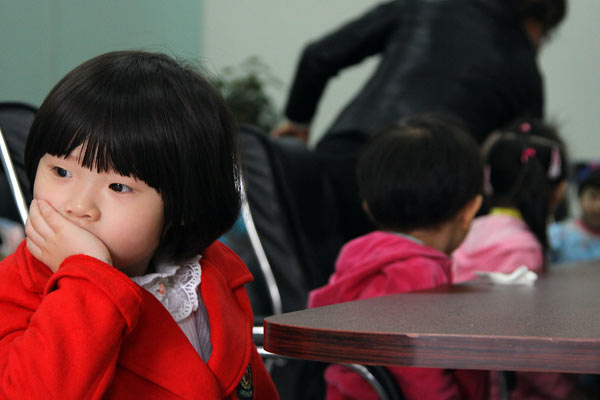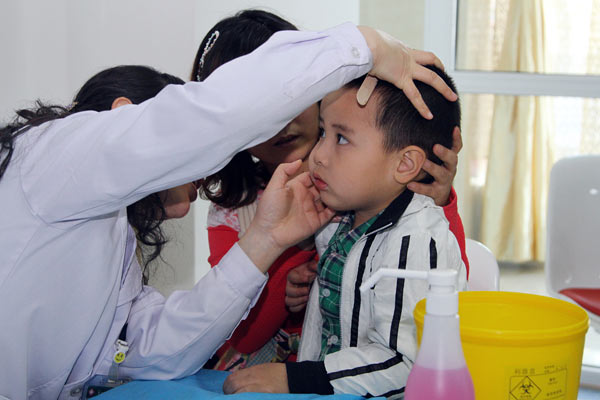Parents put kindergartens to the test
Updated: 2014-04-09 07:19
By Wang Hongyi (China Daily)
|
||||||||
During the past year, Xu Xinchang has been busy visiting kindergartens, doing research and gathering parental feedback.
"It's so difficult for parents to find the right school nowadays," said the 30-year-old from the northern city of Tianjin. "There's still a year to go before my daughter is old enough to enter kindergarten, but I must fully prepare for it by using a comprehensive selection procedure."
Because it is too difficult to gain entry to a public kindergarten, Xu and her husband have had to focus on private ones. "But this has also prompted questions," she said. "Some private establishments are poorly managed, and teachers there aren't professional."
Having looked into many local kindergartens, Xu planned to send her daughter to a private kindergarten next year, one that targets middle-class parents who are relatively affluent. The cost is almost double that of a public kindergarten.
"At least it looks good. There have been reports about problems in private kindergartens. I hope my daughter can grow up in a healthy and safe environment. That's the hope of every parent. Finding a reliable kindergarten would be more reassuring for us," she said.
Xu's comments reflect the concerns felt by many parents after a widely reported drugs scandal in a number of kindergartens.
In March, media reports said that at least six private establishments in four provinces had administered anti-viral drugs to children without their parents' knowledge or consent.
The latest incident occurred in Lanzhou, the capital of Gansu province, where a kindergarten illicitly gave the children prescription drugs to ward off illness and boost attendance.
In response, the Ministry of Education and the National Health and Family Planning Commission launched a joint nationwide inspection to see whether children have been given unauthorized medical treatment or unsafe food.
The news caused uproar among parents, who are concerned about their children's safety and have blamed local authorities for inadequate supervision.
The scandal has revealed deep-rooted problems in the country's preschool education sector, an area that has lacked government investment and supervision for a long time.
The demand for preschool education has grown rapidly in recent years, as those born in the 1970s and 80s have become parents. Meanwhile, the limited number of State establishments means finding the right school for their children has become a nightmare for parents. Consequently, they have to send their children to private establishments, which often cost more and are poorly managed.
- G20 to focus on boosting global growth, not Crimea -official
- Candlelight prayers offered for missing 239
- UN group puts New Zealand human rights image in doubt
- 2 pilots killed as army plane crashes in Pakistan
- US, Japan, S.Korea resolute on 'verifiable denuclearization' of Korean Peninsula
- Getty Museum to return stolen Bible manuscript
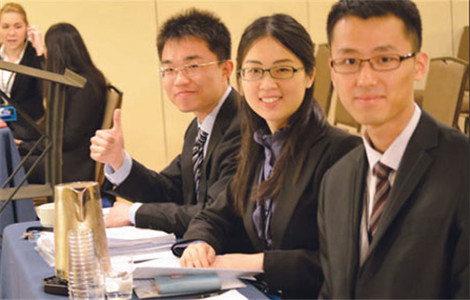
 Chinese schools vie in moot court
Chinese schools vie in moot court
 Australian divers start underwater search for MH370
Australian divers start underwater search for MH370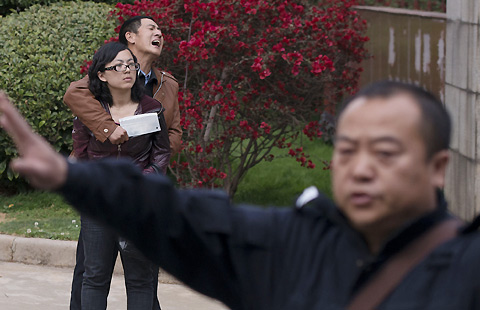
 Cleaver-wielding man subdued after tense standoff
Cleaver-wielding man subdued after tense standoff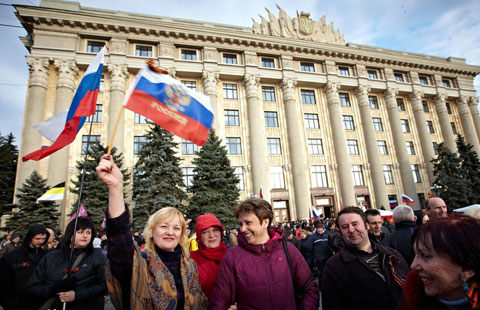
 Pro-Russian demonstrators announce Kharkov's independence
Pro-Russian demonstrators announce Kharkov's independence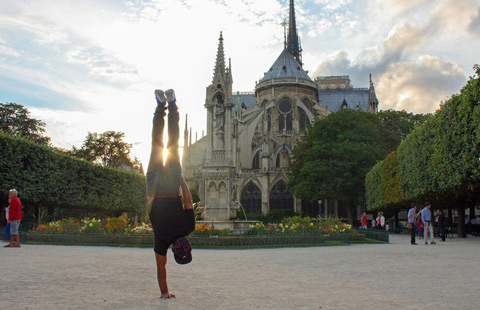
 Breakdancer 'freezes' in front of Paris landmarks
Breakdancer 'freezes' in front of Paris landmarks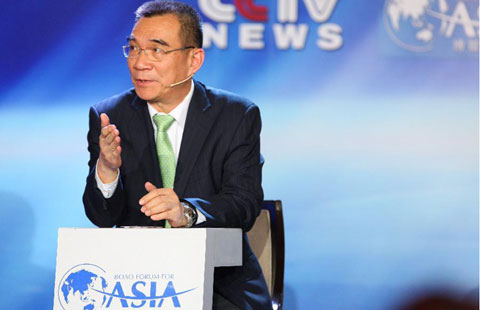
 TV Debate in Boao Forum for Asia Annual Conference
TV Debate in Boao Forum for Asia Annual Conference
 Ming Dynasty 'chicken cup' sells for record $36 million
Ming Dynasty 'chicken cup' sells for record $36 million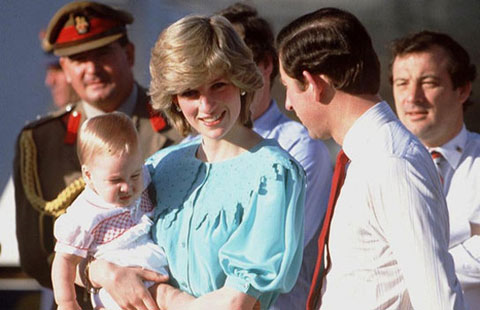
 Simply child's play
Simply child's play
Most Viewed
Editor's Picks

|
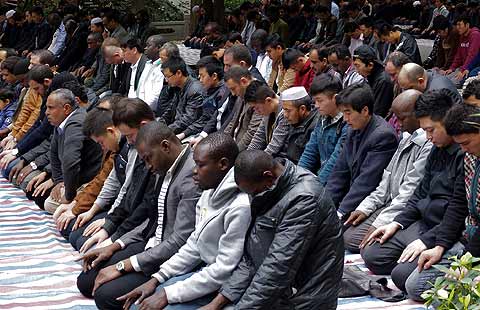
|

|

|

|
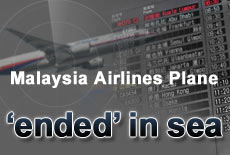
|
Today's Top News
Chinese, US vow to boost new type military ties
China, Israel vow to further deepen cooperation
China calls for flexibility in Iran talks
China hopes for smooth Indian election
China's DM warns US against Taiwan arms sales
China, Timor-Leste announce all-round cooperative partnership
Nobody can contain China's development: defense chief
China, Namibia eye closer relationship
US Weekly

|

|
